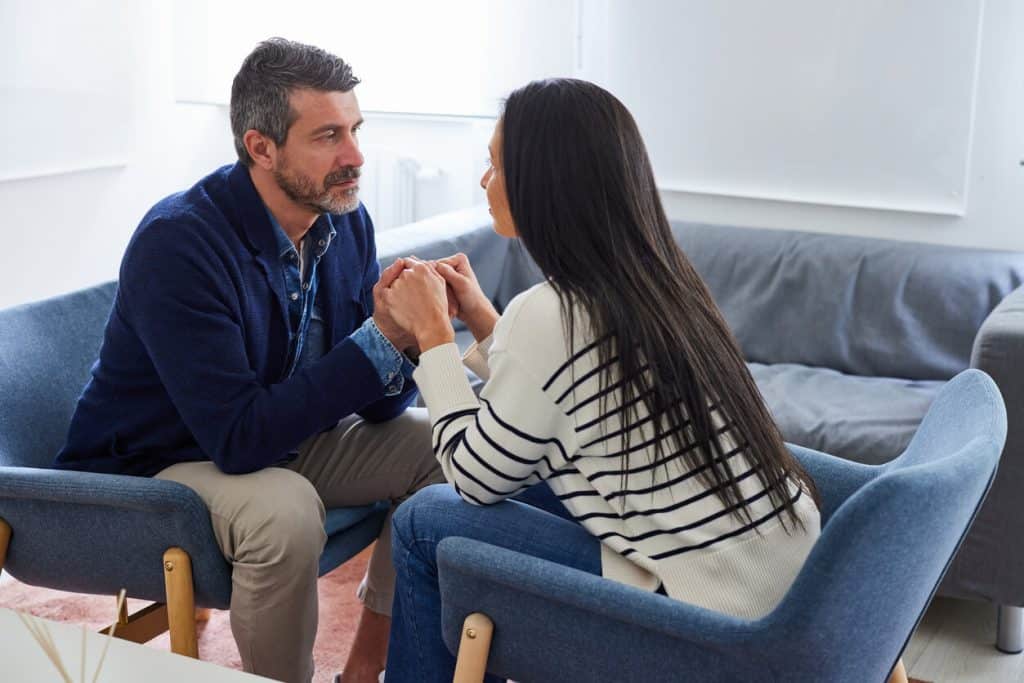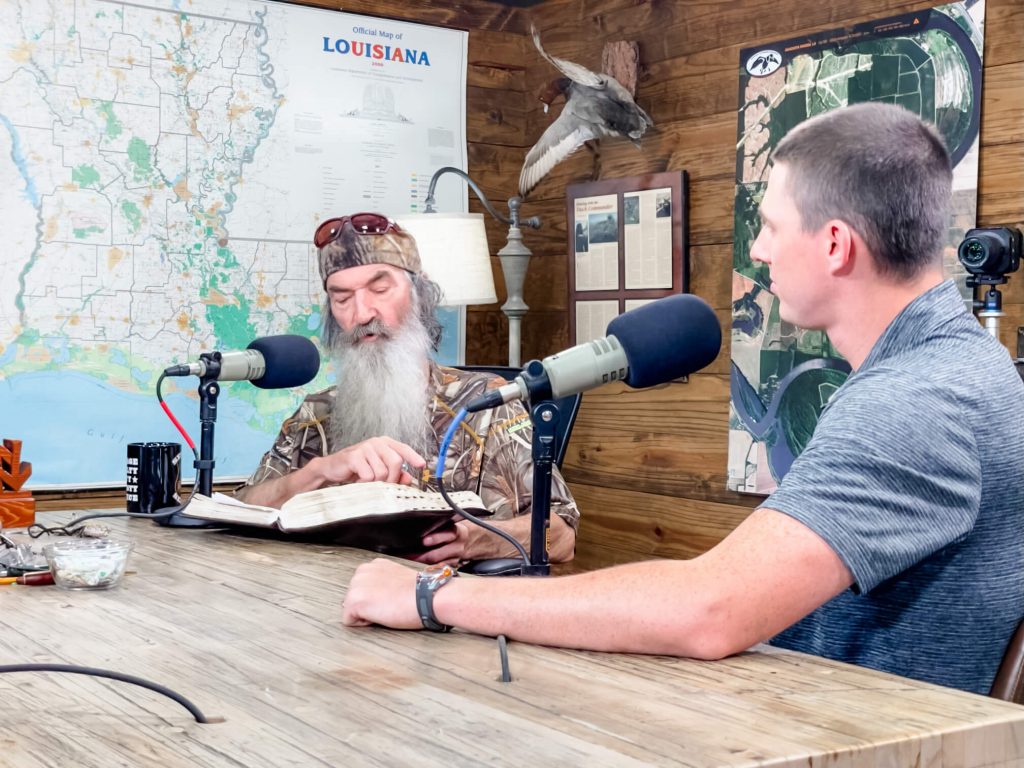The New York Times has recently been running a series of stories on how technology impacts the way our brains work. To hear from everyday readers, they launched the “Unplugged Challenge” asking people to temporarily disconnect from the technology they depend on the most. Then they asked participants to record short videos sharing what they learned from the experience. The results were interesting.
For instance, 28-year-old technology journalist Aura López decided to cut herself off from her iPhone for a week, and with that her remote access Gmail, Twitter, text messages, and Google Calendar, not to mention the ability to make calls from her car. Aura is the kind of girl who would read her vows during her wedding ceremony from her iPhone…oh wait…actually she did do that.
While the challenge was a stretch for Aura, at the end of it she said she learned some valuable lessons. She learned she needed not to be so dependent on “the immediate of things.” She decided never to use the phone at dinner or while someone was talking face-to-face with her. She also decided not to tweet while she drives anymore.
Others challenged themselves in different ways.
- Some gave up TV.
- Some gave up Facebook.
- Others gave up the Internet altogether.
- Some went without their coveted technology for a weekend.
- Others were unplugged for a whole week.
And everyone learned some surprising lessons.
Jenn Monroe, a college professor, said she uses the Internet for everything: from Facebook to e-mail, from sharing pictures to keeping up with news, from research to managing her bank account. During her seven-day Internet-fast she found being disconnected actually made her want to use her time doing other constructive things. In fact, she noticed unplugging from the Internet motivated her not to use other technological devices. After the Challenge was over she decided she wanted to limit daily Internet use to only two to three hours per day in the future. She also rediscovered a new satisfaction in writing letters as opposed to sending e-mails or posting messages on Facebook.
Participants found creative ways to use their time. Several people noted they got a lot of reading done they never found the time to do before. One woman noted how much she had come to devalue basic around-the-house activities and recreations (exercising, baking, taking up photography, etc.). Several others noted how obsessive they had become about knowing the time of day, and how freeing it was to not have a clock thrust in your face all the time.
Jason Dean, a 27-year-old librarian who definitely considers himself a part of the “Internet generation,” said when he didn’t have access to the Internet he felt like he was more engaged, attentive, and available with the people around him. “My wife really enjoyed it too,” Jason comments, “She felt like I was more engaged with her. I was a better conversational partner.” Jason’s experience was so positive, he has decided to unplug every weekend from here on out.
Ashton Zyer, a song-writer and life coach, said something very similar. After only a couple days of no TV, no cell phone, and no computer she felt she might go insane just sitting in silence. She likened it to coming off a drug addiction. But after a six-hour drive from Las Vegas to Salt Lake City with no phone calls, she felt a little more relaxed. She also noticed without the interruption of technology she was able to feel more connected with her friends. “Makes me wonder,” she asked, “How well are we teaching our younger generation about how to communicate and connect with each other?”
One participant, John Stark, says he saved a lot of time during his Unplugged Challenge. He likened the experience to counting calories: “You really don’t know how many calories you eat everyday until you start logging it.” How many times a day do we spend three minutes here or there sending an e-mail, texting, or checking Facebook? “It’s king of like nibbling on your sons fries at McDonalds,” Stark said, “you really don’t know until you start thinking about it or logging it and seeing how much time you spend.”
Learn more about this topic:
- Sign up to watch our free webinar about Internet dangers, including new research about how technology impacts our time and relationships.







I like this so much that I’m going to do something similar for at least two weeks. No FB, Twitter, 15 minutes of personal email. No internet past that. I think it’ll be good to not have instant answers at my fingertips. I think that developing a little bit of patience will be a good thing for me. We’ll see how it goes!
LOOOOOVE THIS! Thanks for sharing!